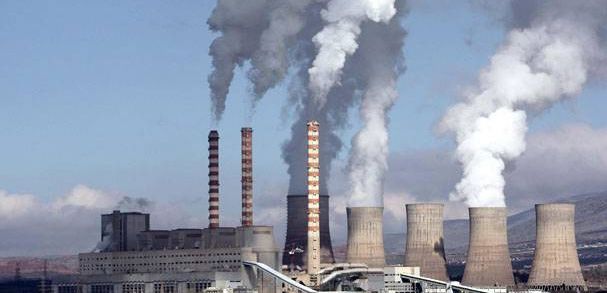When the Syriza party, as chief partner of the country’s coalition government formed early in 2015, decided to nullify legislation ratified by a previous administration for the establishment and sale of “Small PPC”, a new company that was to be carved out of the power utility to represent 30 percent of its production capacity – including lignite and hydropower units – customers and debt commitments, it trumpeted a political victory for nullifying, in an unprecedented move, a bailout-related law, but, at the same time, was taking on a big risk.
This PPC initiative now appears to be backfiring as the EU’s ensuing decarbonization policies – the basic reason behind last week’s failure of Syriza’s alternative plan, a sale offering PPC lignite units – progressed at a more rapid pace than the government had anticipated.
A successful sale by PPC of Meliti and Megalopoli power station units included in its disinvestment package was crucial for the prevention of further measures by the European Commission.
Instead, the current combination of three pivotal factors in Greece’s electricity market makes for an explosive mix.
PPC’s ongoing monopoly of the country’s lignite resources, offering the utility unfair advantages over rivals in the wholesale and retail electricity markets; the power utility’s stubbornly high electricity market shares; as well as a developing Brussels investigation of PPC over suspicions it has abused its market dominance and manipulated Greece’s energy market through its hydropower units could prompt major developments.





